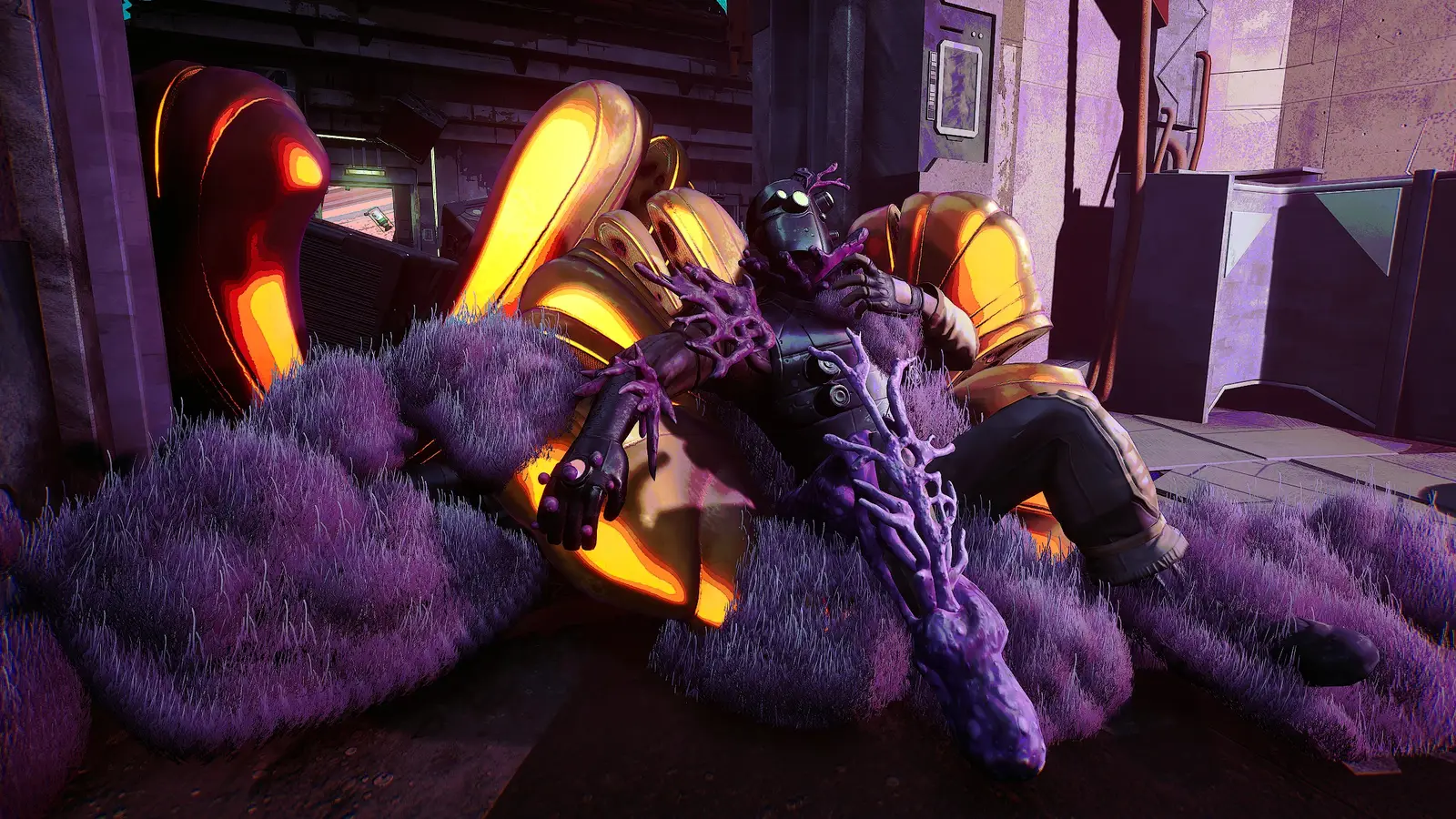
I have been known to elbow my way into strangers’ conversations when I hear the name Barbara Kingsolver. I first read her iconic novel “The Poisonwood Bible” more than a decade ago, but only realized my love of Kingsolver’s lush prose and keen character development over the past few years.
Kingsolver, a Maryland native who now lives in Southwest Virginia by way of Kentucky and Arizona, has written nine novels, plus several essays and short story collections. Her nonfiction book about homesteading and sustainable food practices, “Animal, Vegetable, Miracle,” changed everything about the way I grocery shop and eat.
A few years ago I set out to read every full-length novel in Kingsolver’s backlist. Having just finished the project, I feel inspired to rank them in order of my least to most favorite.
‘The Lacuna’
Even “the worst” Kingsolver novel is still a dang fine book. “The Lacuna,” first published in 2009, details one Harrison Shepherd’s experience working with famed Mexican artists and known communists Diego Rivera and Frida Kahlo during America’s Red Scare. Shepherd first impresses Rivera and Kahlo with his ability to perfectly mix plaster and later his extraordinary cooking skills.
After Shepherd moves to Asheville, North Carolina, he must keep in touch with his friends through the mail, which eventually catches the attention of the House Un-American Activities Committee. Kingsolver intersperses actual news articles with her own imagining of the historical events to illustrate they overt paranoia of the era.
Maybe it was the epistolary format, but I didn’t hear Kingsolver’s voice as clearly reading “The Lacuna.” I still recommend it, especially if you plan to see Kahlo’s exhibit at the Virginia Museum of Fine Arts.
‘Unsheltered’
Kingsolver’s 2018 novel “Unsheltered” is a story told in dual timelines a century and a half apart.
In present-ish day, Willa is rehabilitating an aging farmhouse her husband inherited in New Jersey, while helping care for her new grandbaby after the tragic passing of her daughter-in-law and also navigating elder care for her proudly bigoted father-in-law.
More than a century prior, in the same town, a science teacher finds himself at odds with the community when he insists on teaching the exciting work being published by Charles Darwin.
Both protagonists find themselves fighting the good fight against (willful) ignorance, both laboring under the delusion that their generation is uniquely burdened with resistance to progress. “Unsheltered” is Kingsolver’s “Trump book,” and by far her preachiest novel. Though it never mentions the president by name, I suspect “Unsheltered” might ruffle some readers.
I don’t think that the dual storylines are quite as aligned as Kingsolver intended, but that didn’t detract too much from my enjoyment of the story. I think Kingsolver’s contemporary novels by far exceed her historical fiction, but “Unsheltered” is worth reading at least to see the early seeds of “Demon Copperhead.”
‘Pigs in Heaven’
“Pigs in Heaven” is the second part of Kingsolver’s only duology and picks up a few years after its predecessor, “The Bean Trees,” leaves off.
Our protagonist, Taylor, and her adopted Cherokee daughter, Turtle, see an accident while visiting the Hoover Dam and land a spot talking about it on the “Oprah Winfrey Show.” Their 15 minutes of fame brings Turtle’s adoption to the attention of a Cherokee lawyer who says the adoption is illegal based on a law that Cherokee children cannot be adopted without tribal consent. Taylor flees her home with Turtle in hopes of keeping her little family together. This book is a real thinker, and there are no villains in the story. Tribal concerns about Turtle’s welfare are valid and well-explored by Kingsolver. “Pigs in Heaven” lost points with me over its overly tidy ending, but I still relished the opportunity to check in with Taylor and Turtle again.
‘The Poisonwood Bible’
Listen now and subscribe: Apple Podcasts | Spotify | Stitcher | RSS Feed | SoundStack | All Of Our Podcasts
Kingsolver drew inspiration in part from two years of her own early childhood spent in Congo to write “The Poisonwood Bible,” a biting criticism of power-hungry religiosity and colonialism first published in 1998.
“The Poisonwood Bible” starts as a fish-out-of-water story. The Prices of rural Georgia moves to Africa in 1959 for what is meant to be a yearlong mission trip. The family is made up of Nathan, an increasingly power-hungry preacher, his loving but skeptical wife Orleanna and their four daughters. Nathan’s mission to save Congolese souls is met by tension and resistance as the political situation in the Belgian-colonized African nation escalates. When Belgium pulls out, Nathan doubles down. It’s a powerful allegory for the act of colonization; Nathan’s narcissistic actions are increasingly damaging to the people he hopes to “save,” his own family and eventually himself.
“The Poisonwood Bible” made a slew of readers, including me, into Kingsolver fans. While I prefer her contemporary novels, this narrative perfectly leverages a specific historical moment to tell a universal truth: We must strive to understand each other, not overpower each other.
‘The Bean Trees’
I’ve referenced my love of “The Bean Trees” in a previous “Between the Lines” column, but it bears repeating: This is a great book about the power of female friendship.
First published in 1988, Kingsolver’s debut finds our protagonist, Taylor, fleeing Kentucky for the American Southwest in search of freedom, only to immediately find herself the sole caregiver of an abandoned Native American toddler she nicknames Turtle.
Once in Tucson, Taylor builds a found family, including Lou Ann, another single mom and Appalachian transplant, to help her adjust to her new life. I love that Kingsolver centers female friendship in “The Bean Trees.” It’s a great reminder that love is what holds a community together.
‘Animal Dreams’
I think “Animal Dreams,” first published in 1990, is Kingsolver’s most underrated title. A story of second-chance romance, sisterly love and familial duty, Codi Noline’s quickly touched my heart.
The action kicks off when Codi returns home to Arizona to care for her aging father navigating the early stages of dementia. Her beloved sister, Hallie, exists entirely off page, living and working in Nicaragua teaching sustainable farming practices.
The relationship-building in Kingsolver’s books keeps me coming back for more, and I love “Animal Dreams” for centering sisterhood. Thematically, there’s some meaningful overlap between the themes in “Animal Dreams” and Kingsolver’s best-known nonfiction book, another of my favorites, “Animal, Vegetable, Miracle.”
‘Prodigal Summer’
“Prodigal Summer,” first published in 2000, is an ecofiction masterpiece braiding together the stories of three distinct protagonists living in an Appalachian farming community. Deanna is a 40-something game warden who falls in lust with a poacher hunting the coyotes she is dedicated to protecting. Lusa is a newlywed originally from Lexington — a bona fide city girl — who soon finds herself widowed and bogged down with meddlesome in-laws and a deteriorating farm. Garnett is a crotchety old man always fighting with the organic farmer next door. Each character has a vested interest in some element of the natural world, be it coyotes, luna moths or the American chestnut. There’s a lot of science in these pages, and I found myself stopping to Google things often. I appreciate how fully developed Kingsolver’s characters are, be they environmentalists or otherwise. “Prodigal Summer” is certainly written with preservation in mind, but Kingsolver is generous with the farmers often at odds with nature. Sustainability a complicated issue, but this is not a self-righteous book.
‘Flight Behavior’
Dramatic but true: I wish I had never read “Flight Behavior,” first published in 2012, so I could read it again for the first time. Our protagonist, Dellarobia, is a young stay-at-home mother of two stuck in an unsatisfying marriage when she stumbles across a shockingly beautiful sight on her Appalachian farm: a mountainside completely covered in Monarch butterflies. She soon learns, however, that the butterflies found their way to the farm by way of climate change; their beauty is likely a harbinger of ecological catastrophe. As scientists, activists and looky-loos descend upon her small town, Dellarobia’s world opens to new ideas and possibilities. Ecofiction can be a real downer, but “Flight Behavior” maintains a strong undercurrent of optimism that keeps it from ever being too dark. I love Dellarobia as a character, and I loved seeing a Southern woman from a small town step into her potential.
‘Demon Copperhead’
No doubt about it, Kingsolver’s Pulitzer Prize-winning 2022 novel “Demon Copperhead” is my favorite of her novels to date, and possibly my favorite book of all time. Growing up in poverty in the mountains of Southwest Virginia, our titular protagonist’s life is repeatedly touched both by the kindness of his community and the opioid crisis.
“Demon Copperhead” is a modern-day retelling of Charles Dickens’ “David Copperfield,” and while you don’t have to read the source material first, I do recommend at least watching a film adaptation to appreciate Kingsolver’s references to the original. “Demon Copperhead” is so creative and purposeful in its handling of Appalachian life that it’s easy to forget that this story stands on the shoulders of another. Kingsolver taps into righteous anger in this book, highlighting the way the media, government and pharmaceutical industry all come together to dump on Appalachian folks. Kingsolver, meanwhile, announced earlier this year that she is using some of the proceeds from “Demon Copperhead” sales to found a rehabilitation center for women in Lee County.
Samantha Koon Jones is a book critic for The Daily Progress. A longtime Charlottesville resident, she graduated from the University of Virginia with a degree in English and previously worked for The Daily Progress as a news reporter. A prolific reader of both fiction and nonfiction, Jones has a special interest in translated literature, speculative fiction and celebrity memoirs. She can be found on Instagram at @_bookstasam.
Catch the latest in Opinion
Get opinion pieces, letters and editorials sent directly to your inbox weekly!
* I understand and agree that registration on or use of this site constitutes agreement to its user agreement and privacy policy.



